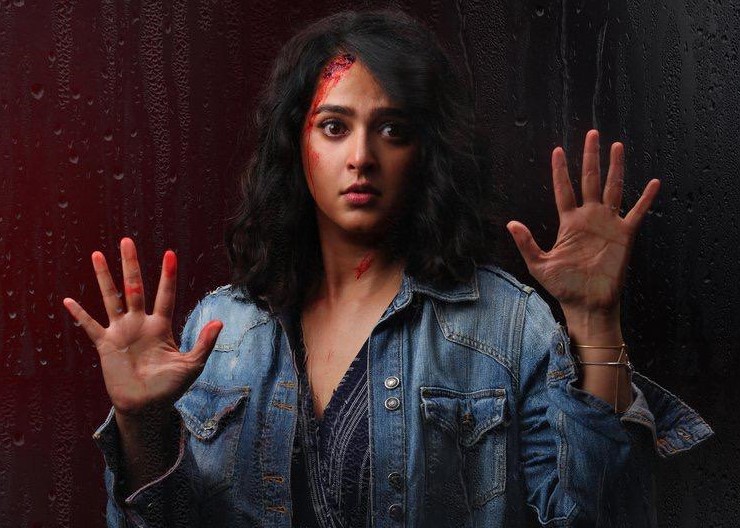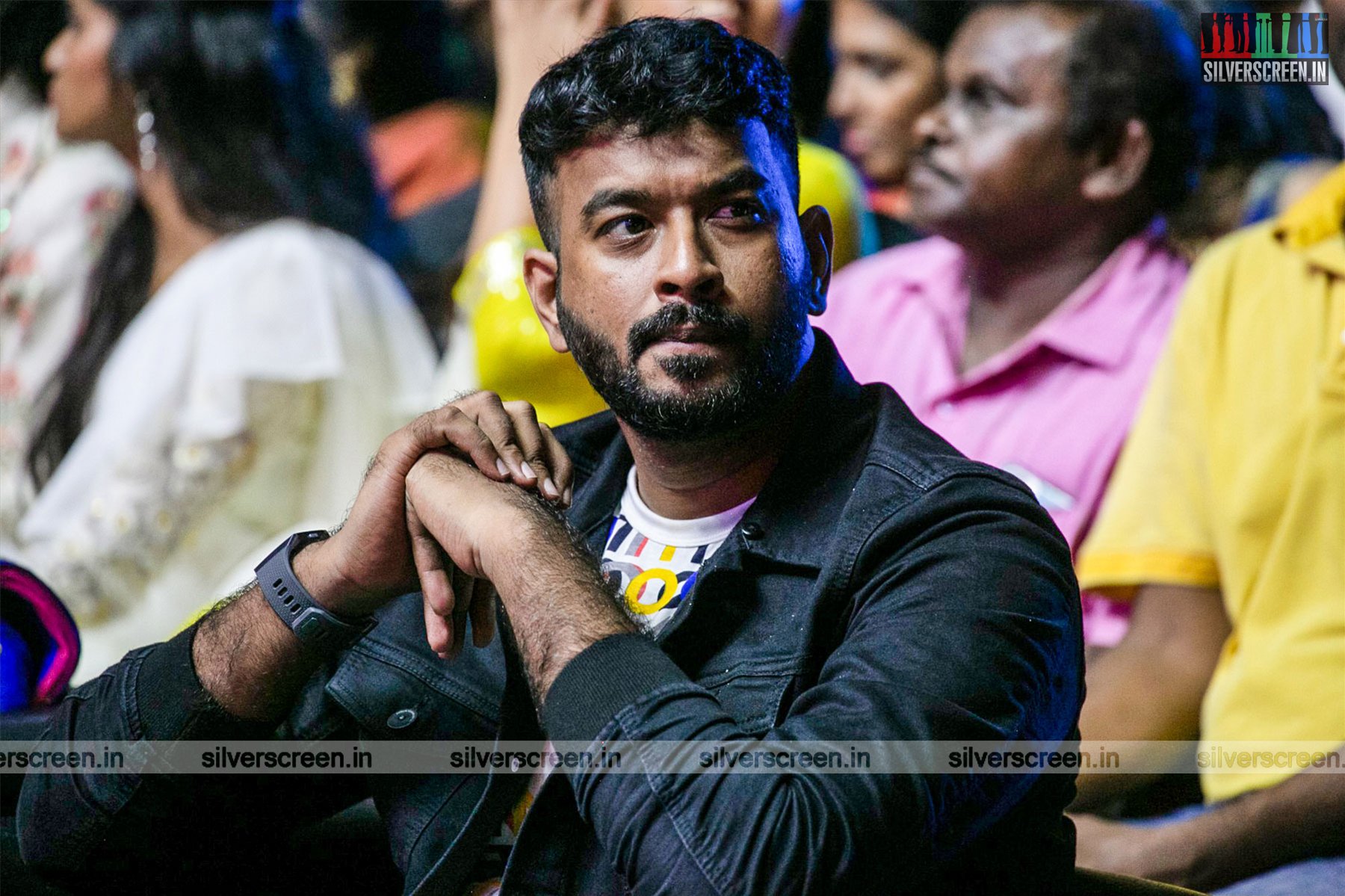This year two technicians died on the sets of films – one on Rajinikanth’s Kaala, and the other on Anushka Sharma’s Pari. Both were electrocuted after stepping on a live wire.
Kumar, a lighting expert, has been with the Tamil film industry for more than two decades. He started out as a spot boy, and slowly worked his way up the rung. Now, he fixes lights for a living.
“I make stars look glamorous. Without expert lighting, they will look like us and not like the stars they are,” he says.
And yet, despite the 4 am morning calls and hectic workdays, Kumar and many others of his ilk are not given adequate facilities.
“Burns are a common injury in our field of work. Sometimes, they are minor burns. Sometimes, they are major. This has been the case since I joined twenty years ago,” Kumar says.
And yet, till now, nothing has been done to address the issue.
The Tamil film industry has no dearth of unions. FEFSI (Film Employees Federation Of South India) oversees about 24 of them. It has very little performing artists under its umbrella, and for the most part, represents the needs of workers with the least power and influence.
As such, this representation does extend to some influence over wage control and basic healthcare. Insurance, though, is still an unexplored area.
Stunt-persons for example, bear the brunt of this oversight. In their line of work, broken bones are a common take away. “There are some long-lasting repercussions to this work, too. Sometimes, stunt men and women develop amnesia, alzheimers as a result of their rough and tumble work. There is no consistent methodology or continuous process to assess their medical issues,”stunt master Anal Arasu says.
In case of an accidental death, the process gets murkier. Not many in FEFSI know their rights when it comes to claiming insurance. While it is expected that the producer takes out an insurance policy to cover damages to set and all the cast and crew, it is not in practice. “In the case of smaller films, this is not something that is widely enforced. With bigger films like 2.0, Kabali, these systems are put in place and enforced rigorously.
While the producer and director of Kabali refused to comment on the death as a police investigation is currently underway, the Pari team seems to have reached out to the kin of the deceased worker. According to the Indian Express:
“We are in touch with the concerned union and are awaiting their letter telling us the compensation that needs to be paid to the next of kin of the deceased as per the union laws. We will be happy to comply with the same as soon as we get their letter. We would also like to clarify that there are several rumours doing the rounds about the negligence on part of the deceased which led to the unfortunate incident. However, we would like to set the record straight that he had complied with all necessary safety norms and this was just an extremely unfortunate accident.”
*****
Sets are temporary areas, says RK Selvamani, FEFSI president. “It is not like a residential space where wires are safely sealed off. Here, since everything is constructed in a hurry, there’s lesser safety. But, experienced technicians know where to step and where not to.”
“There’s not a lot we can control. We can only ensure that some safety systems are in place. Enforcing it needs more manpower,” he adds.
The families of the dead get monetary support from FEFSI. “In the case of an on-set death which is ruled as death by negligence, then the producer steps in to provide a lump sum. If there are children involved, educational expenses are borne by the star or the producers,” Selvamani says.
But, this is not set in stone. To avail such benefits for the family of the deceased, extensive lobbying is necessary. The concerned union steps into negotiate on behalf of the family. “It is not done with much finesse either. To put a money value on a human life is pretty crass, but it has to be done,” Kumar says.
The situation is different for the star of the film. Most male and female actors have insurance and safety clauses written into their film contracts. This makes it mandatory for film production houses to ensure that their well being is taken care of. “Even if this were not the case, producers will bend over backwards to make sure the leads are alright. It’s just the way of the business,” Selvamani says.
Recommended
The crew members, especially the ones on the lower rung, cannot even dream of similar treatment. “Though, we are the ones who take a lot of risk everyday, we are also the ones least cared for,” Kumar informs.
While FEFSI makes it a point to conduct medical camps routinely, this is not really enough. “Master health checkups are all good, but they do not take care of the whole issue. We need better measures in place, and we need people in powerful positions to ensure that it is done,” Kumar says.
With FEFSI currently engaged in a strike, the interests of its members are not likely to be addressed anytime soon. But Kumar, and countless others like him, remain hopeful that FEFSI will do the right thing.
*****



